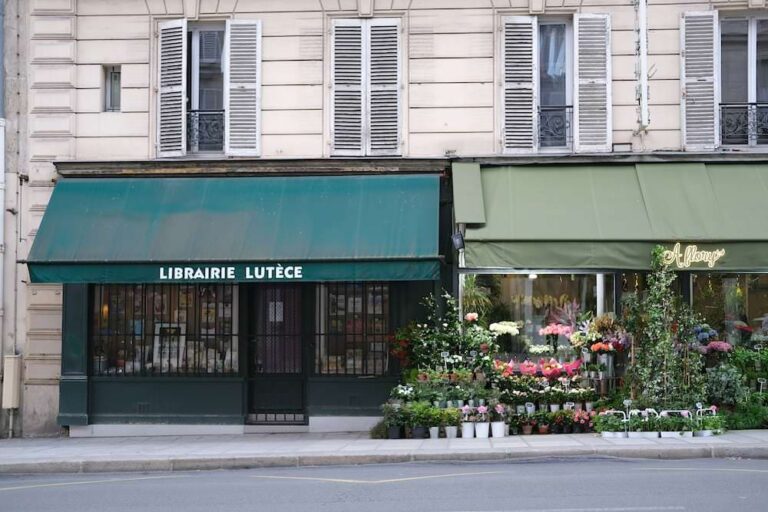subjunctive irregular verbs
While many French verbs form their present subjunctive by taking the third-person plural stem of the present indicative and adding standard endings, several important verbs are irregular and must be memorised. Below is a list of the main irregular verbs in the present subjunctive, each conjugated fully.
être (to be)
- que je sois
- que tu sois
- qu’il/elle/on soit
- que nous soyons
- que vous soyez
- qu’ils/elles soient
Note that when there is one syllable, the verb contains the letter “i,” but when there are two syllables, the “i” is replaced by a “y.”
avoir (to have)
- que j’aie
- que tu aies
- qu’il/elle/on ait
- que nous ayons
- que vous ayez
- qu’ils/elles aient
Note that when there is one syllable, the verb contains the letter “i,” but when there are two syllables, the “i” is replaced by a “y.”
aller (to go)
- que j’aille
- que tu ailles
- qu’il/elle/on aille
- que nous allions
- que vous alliez
- qu’ils/elles aillent
Note that when there is one syllable, the verb contains the letter “i” before the double “ll,” but when there are two syllables, the “i” goes AFTER the double “ll.”
faire (to do, to make)
- que je fasse
- que tu fasses
- qu’il/elle/on fasse
- que nous fassions
- que vous fassiez
- qu’ils/elles fassent
Note that although faire is irregular in the present subjunctive, it is only the stem that is irregular. Once you have the “fass-” stem, the endings are applied in a very regular fashion and the stem itself does not vary.
pouvoir (to be able to)
- que je puisse
- que tu puisses
- qu’il/elle/on puisse
- que nous puissions
- que vous puissiez
- qu’ils/elles puissent
Note that although pouvoir is irregular in the present subjunctive, it is only the stem that is irregular. Once you have the “puiss-” stem, the endings are applied in a very regular fashion and the stem itself does not vary.
savoir (to know)
- que je sache
- que tu saches
- qu’il/elle/on sache
- que nous sachions
- que vous sachiez
- qu’ils/elles sachent
Note that although savoir is irregular in the present subjunctive, it is only the stem that is irregular. Once you have the “sach-” stem, the endings are applied in a very regular fashion and the stem itself does not vary.
vouloir (to want)
- que je veuille
- que tu veuilles
- qu’il/elle/on veuille
- que nous voulions
- que vous vouliez
- qu’ils/elles veuillent
Note that when there is one syllable, the verb contains the letter “i” before the double “ll,” but when there are two syllables, the “i” goes AFTER the “l,” which has now become a single letter instead of the double “ll.”
venir (to come)
- que je vienne
- que tu viennes
- qu’il/elle/on vienne
- que nous venions
- que vous veniez
- qu’ils/elles viennent
- (Note that tenir is conjugated similarly)
Note that the je, tu, il and ils forms are regular in that they are based on the third person plural of the present indicative (viennent -> vienn-), but the nous and vous stems are quite irregular.
voir (to see)
- que je voie
- que tu voies
- qu’il/elle/on voie
- que nous voyions
- que vous voyiez
- qu’ils/elles voient
Note that when there is one syllable, the verb contains the letter “i,” but when there are two syllables, a “y” is added in front of the existing “i.”
croire (to believe)
- que je croie
- que tu croies
- qu’il/elle/on croie
- que nous croyions
- que vous croyiez
- qu’ils/elles croient
Note that when there is one syllable, the verb contains the letter “i,” but when there are two syllables, a “y” is added in front of the existing “i.”
devoir (to have to, must)
- que je doive
- que tu doives
- qu’il/elle/on doive
- que nous devions
- que vous deviez
- qu’ils/elles doivent
Note that the je, tu, il and ils forms are regular in that they are based on the third person plural of the present indicative (doivent -> doiv-), but the nous and vous stems are quite irregular.
recevoir (to receive)
- que je reçoive
- que tu reçoives
- qu’il/elle/on reçoive
- que nous recevions
- que vous receviez
- qu’ils/elles reçoivent
Note that the je, tu, il and ils forms are regular in that they are based on the third person plural of the present indicative (reçoivent -> reçoiv-), but the nous and vous stems are quite irregular.
prendre (to take)
- que je prenne
- que tu prennes
- qu’il/elle/on prenne
- que nous prenions
- que vous preniez
- qu’ils/elles prennent
Note that the je, tu, il and ils forms are regular in that they are based on the third person plural of the present indicative (prennent -> prenn-), but the nous and vous stems are quite irregular.
boire (to drink)
- que je boive
- que tu boives
- qu’il/elle/on boive
- que nous buvions
- que vous buviez
- qu’ils/elles boivent
Note that the je, tu, il and ils forms are regular in that they are based on the third person plural of the present indicative (boivent -> boiv-), but the nous and vous stems are quite irregular.






